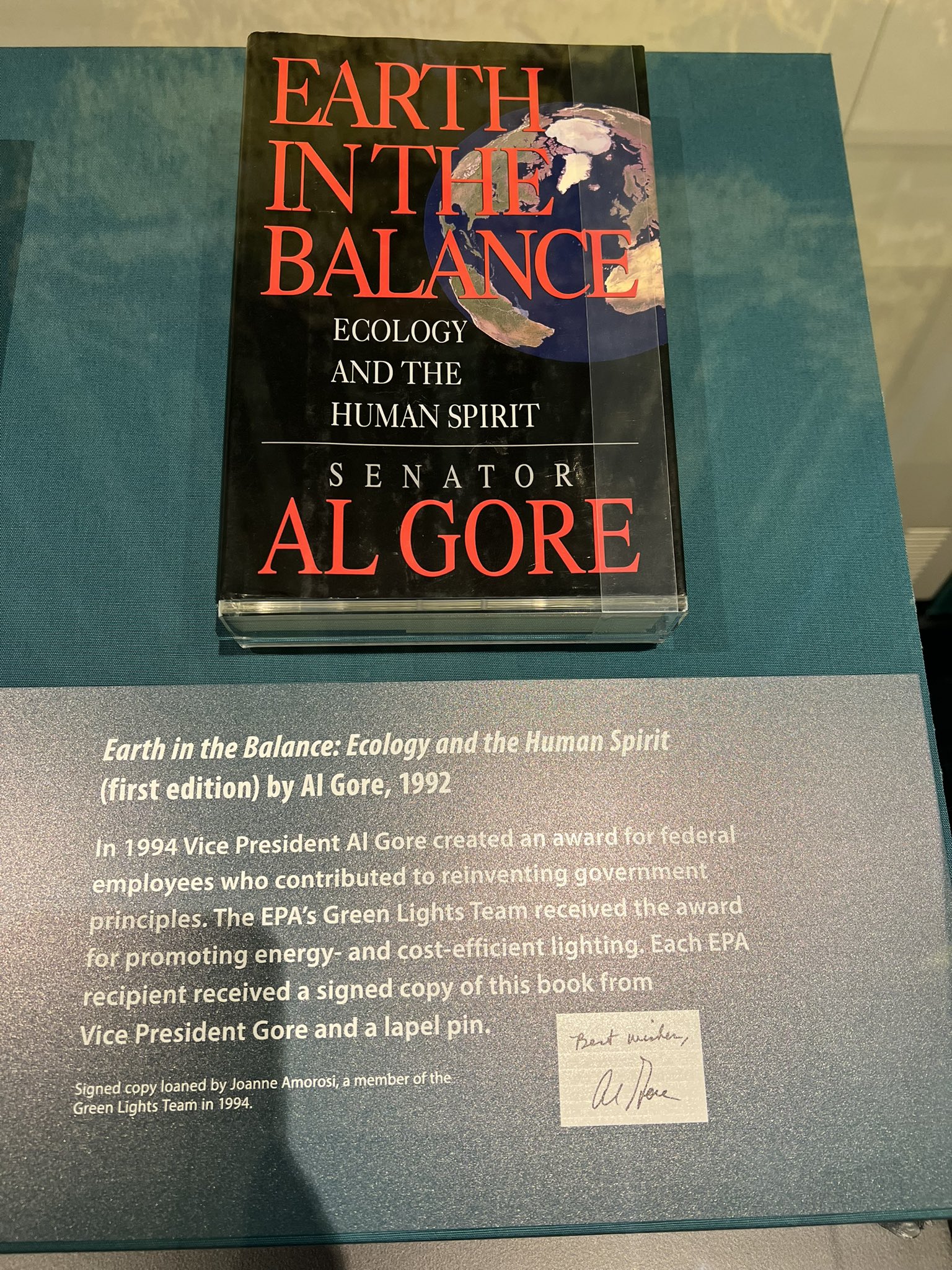Swiss Meteorologist Calls Media Claims Of Germany Extreme Heat “Complete Nonsense”
The warm summer Europe is seeing is causing the desperate climate ambulance chasers to overheat and scream about how it’s all so unusual and that more human climate misery lurks just around the next corner. Swiss meteorologist Jörg Kachelmann says media claims of extreme heat in Germany are “nonsense”. Photo: weather.us. lately parts of northern Europe have even seen an acute shortage of precipitation and very warm temperatures, since April, and there is little relief in sight. The drought will intensify as the current week progresses Already large media outlets are warning of crop failures and surging food prices. Germany: “center of superstition” But the current hot and dry weather is in fact more hype than reality writes Swiss meteorologist Jörg Kachelmann at t-online.de here. According to the high-profile, veteran meteorologist: “I once wrote here that Germany – and I don’t quite know why – is the center of superstition worldwide, at least for matters concerning the weather.” Fake weather news As the media fall over each other to produce blaring, sensational heatwave headlines any way they can – Kachelmann adds: “2018 will be the year the felt-temperature became fake news.” Huge heat “complete nonsense” In Germany, “extreme heat” is defined as temperatures of 35°C and higher, and so the recent media claims of “extreme heat” are false Kachelmann reports. The high profile meteorologist tweeted here: “This year there still has not been any extreme heat, not even 35°C. It is only the drought.” He adds in his t-online.de article: “The claim that there’s been huge heat so far have turned out to be complete nonsense.” The Swiss meteorologist presents a chart showing the temperature deviation for Germany so far this July, which so far has been around 2°C above the mean, i.e. much cooler than 2006, for example. This week real hot weather will be taking hold in Germany, and so the July 2018 mean temperatures will go up some, but not enough to even come close to the temperatures seen in 2006, Kachelmann notes.



